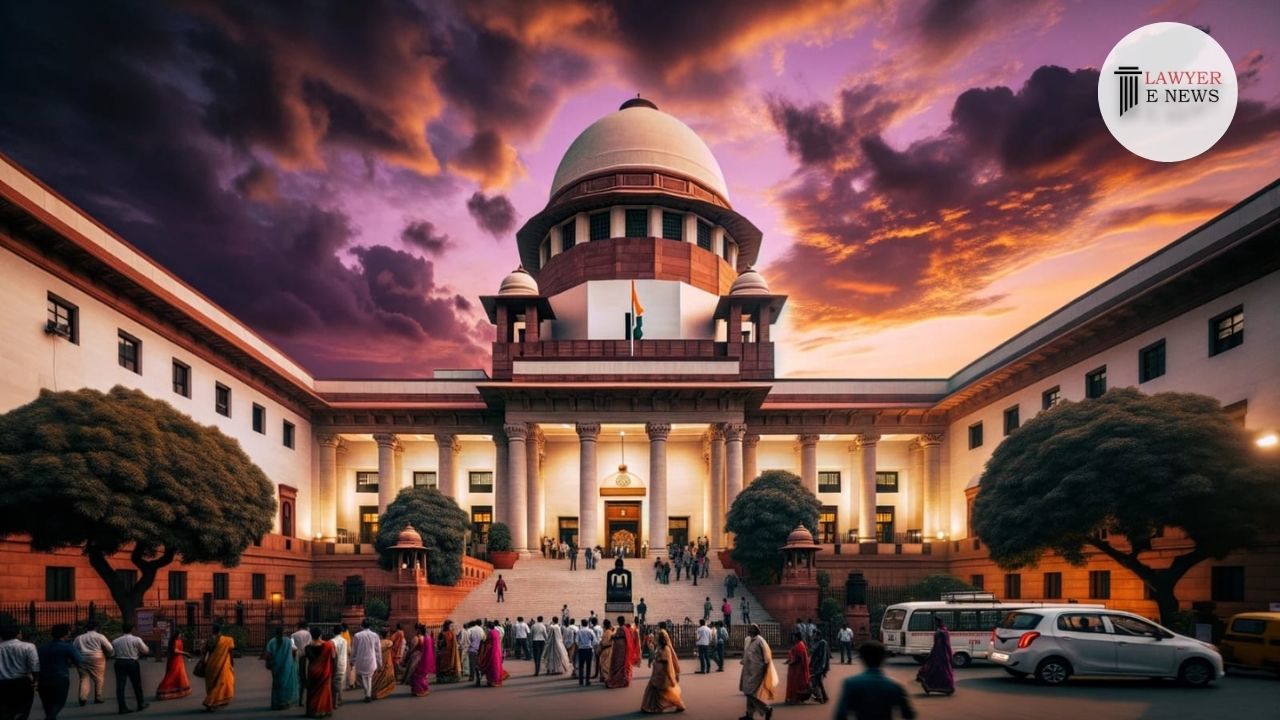-
by sayum
14 February 2026 2:22 PM



In a significant ruling, the Supreme Court of India has held that the cancellation of patta (land allotment) by authorities after a substantial delay of 13 years, without clear evidence of fraud, is unreasonable. This decision was pronounced in the case of Smt. Shyamo Devi and Others vs. State of U.P. and Others.
The appeal was against the High Court's order upholding the Additional Collector's decision to cancel the land allotment made in 1994 under Section 122-C(i)(d) of the Uttar Pradesh Zamindari Abolition and Land Reforms Act (UPZALR Act) for residential use. The proceedings for cancellation were initiated 13 years later based on a Lekhpal's report claiming the land was designated as Panchayat Ghar, falling under Section 132 of the UPZALR Act.
The appellants were allotted land in 1994 for residential purposes, which was approved by the Sub-District Magistrate.
In 2007, a report by the Lekhpal suggested that the land was originally designated as Panchayat Ghar and thus improperly allotted for residential use.
Following this, the Tehsildar proposed to the District Magistrate to cancel the allotment, leading to the issuance of show cause notices to the appellants.
The Additional Collector upheld the proceedings, stating no time limit for suo moto actions under Section 122-C(6) of the UPZALR Act.
The High Court dismissed the writ petition against this order, upholding the lack of a prescribed limitation period.
Absence of Limitation in Section 122-C(6):
The Court noted the absence of a specified limitation period in Section 122-C(6) but emphasized that suo moto powers should be exercised within a reasonable time.
The Court referenced precedents indicating that what constitutes a reasonable period depends on the nature of the statute and other relevant factors.
Lack of Substantial Evidence of Fraud:
The Court found that there were no foundational facts of fraud in the show cause notices or reports.
The report from the Lekhpal and subsequent communications did not provide clear evidence of fraud or forgery by the appellants.
Impact on Villagers:
The Court acknowledged that the appellants, who are poor and rustic villagers, had constructed homes and resided on the allotted land for many years.
It emphasized that unsettling the established residential status after such a long period would result in severe injustice to the villagers.
Decision: The Supreme Court allowed the appeal, setting aside the orders of the High Court and the Additional Collector. It underscored the need for a reasonable timeframe in exercising suo moto powers and highlighted the lack of clear evidence of fraud as the basis for its decision.
Date of Decision: May 16, 2024
Smt. Shyamo Devi and Others vs. State of U.P. and Others
